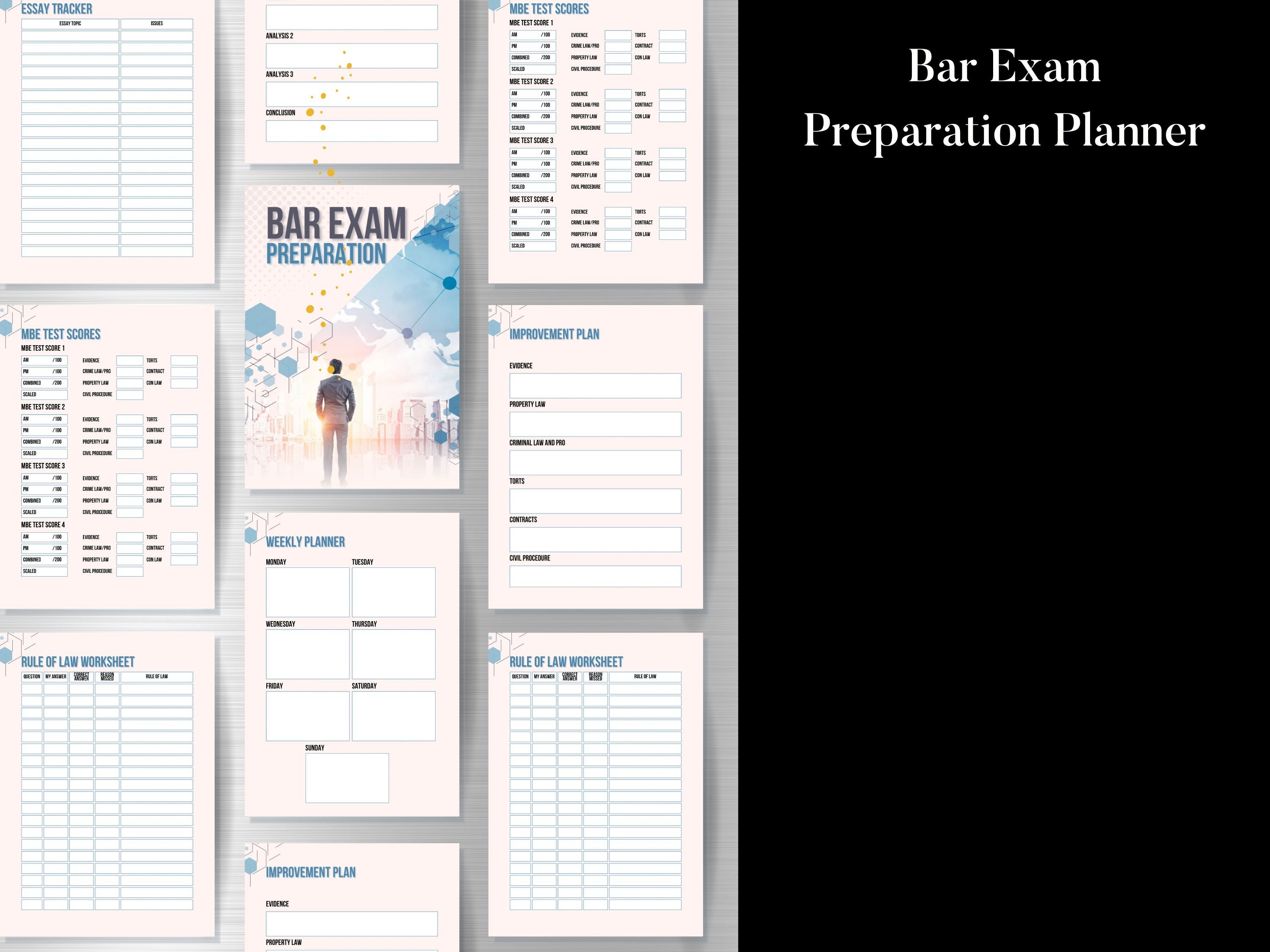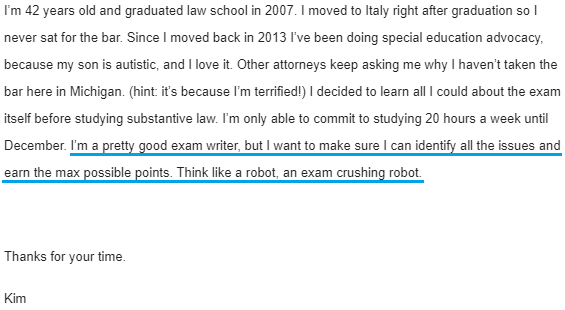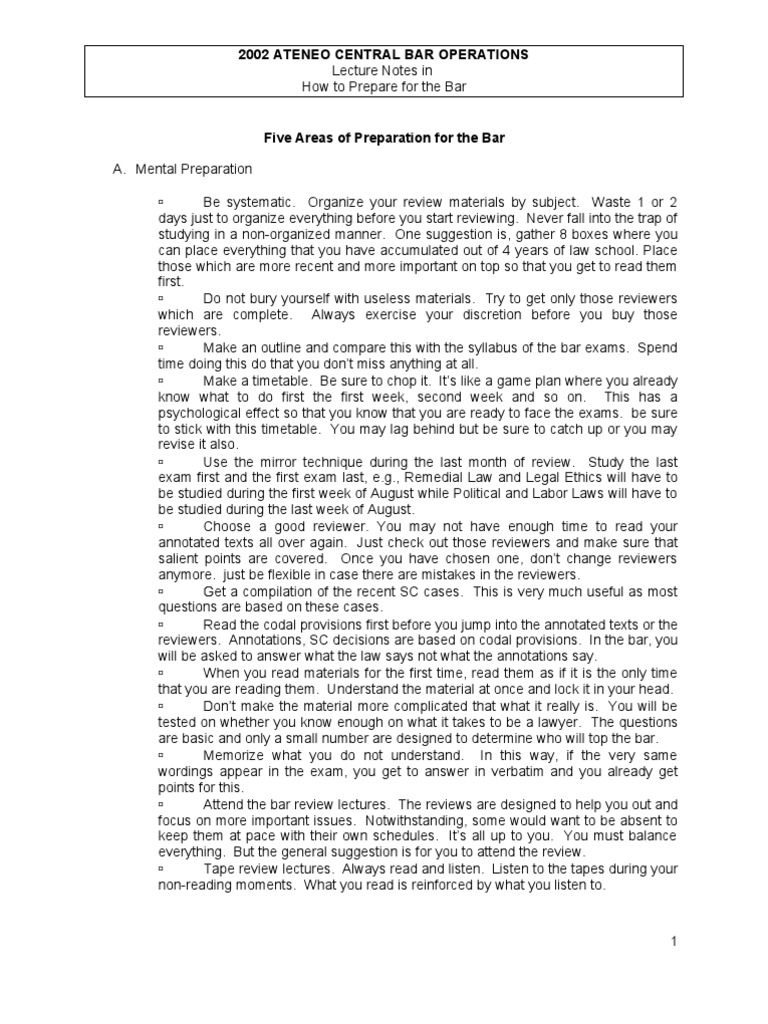The Baby Bar Exam, officially known as the First-Year Law Students’ Examination (FYLSE), is a critical step for aspiring lawyers in California who are following non-traditional legal education paths. As one of the most challenging exams in the legal field, it tests foundational knowledge in key areas such as Contracts, Criminal Law, and Torts. For those preparing to take the exam, understanding its structure, difficulty, and implications is essential.
In this article, we’ll explore what you need to know about the Baby Bar Exam, including its purpose, content, pass rates, and strategies for success. Whether you’re a first-time taker or considering retaking the test, this guide will provide valuable insights to help you navigate this important milestone.
Understanding the Baby Bar Exam
The Baby Bar Exam is not just a test—it’s a gateway to further legal education for students in alternative learning programs. Administered by the State Bar of California, the exam ensures that individuals on non-traditional paths have the necessary foundation to continue their studies.
What Is the Baby Bar Exam?
The official name of the Baby Bar Exam is the First-Year Law Students’ Examination (FYLSE). It is designed to evaluate the basic legal knowledge of students after their first year of law school. This exam is required for those enrolled in unaccredited law schools, those participating in the Law Office Study Program, or those attending ABA-accredited law schools without two years of college work.
Despite its name, the Baby Bar is far from easy. It is often considered more difficult than the full bar exam due to its high failure rate and the pressure it places on students.
Structure and Content of the Baby Bar Exam

The FYLSE is a one-day, seven-hour exam consisting of 100 multiple-choice questions and four essays. The exam covers three core subjects:
- Contracts
- Criminal Law
- Torts
These subjects form the backbone of legal studies and are crucial for building a solid foundation in law.
Format of the Exam
As of the October 2024 administration, the FYLSE has transitioned to a fully multiple-choice format. This change was made to streamline the testing process and reduce the burden on examinees. However, the exam remains rigorous, with a scaled score of 560 out of 800 needed to pass—equivalent to a 70% score.
When Is the Exam Offered?
The Baby Bar Exam is administered twice a year: once in June and once in October. This allows students to plan their study schedules accordingly and gives them multiple opportunities to retake the exam if needed.
Pass Rates and Difficulty

The Baby Bar Exam is known for its low pass rate, making it one of the most challenging legal exams in the United States. According to recent data, only about 27% of first-time test takers passed in 2020. For those who fail, the chances of passing on subsequent attempts are even lower.
Why Is the Baby Bar So Hard?
There are several reasons why the Baby Bar is considered difficult:
- High standards: The exam requires a strong grasp of legal principles, not just memorization.
- Limited time: With seven hours to complete the test, candidates must manage their time carefully.
- No state-specific content: Unlike the full bar exam, the Baby Bar does not focus on California-specific laws, which can make it more general and challenging.
What Happens If You Fail the Baby Bar?

Failing the Baby Bar Exam can have significant consequences, especially for students on non-traditional paths. Here’s what you need to know:
- No credit for your first year of study: If you fail, you won’t receive academic credit for your first year of law school.
- Limits on retakes: You can retake the exam, but you must pass within your first three eligible testing dates to get full credit for all completed law study.
- Impact on future progress: Failing the Baby Bar can delay your ability to sit for the main California Bar Exam.
If you fail the Baby Bar four times, you may lose eligibility to continue your legal education through certain programs. It’s important to take the exam seriously and prepare thoroughly.
How to Prepare for the Baby Bar Exam
Preparing for the Baby Bar Exam requires a strategic approach. Here are some tips to help you succeed:
1. Start Early
The Baby Bar is not something you can cram for. Begin studying months in advance to build a strong foundation in Contracts, Criminal Law, and Torts.
2. Use Practice Materials
Practice tests and past exam questions are invaluable tools. Many students find that practicing the types of questions they’ll encounter helps them feel more confident and prepared.
3. Focus on Key Concepts
Rather than trying to memorize everything, focus on core legal concepts. Understanding how laws apply in real-world scenarios is more important than rote memorization.
4. Join Study Groups
Studying with others can help reinforce your learning and provide support. Consider joining online forums or local study groups to stay motivated.
Frequently Asked Questions About the Baby Bar Exam

Here are some common questions asked by students preparing for the Baby Bar Exam:
Q: Does passing the Baby Bar make me an attorney?
A: No. Passing the Baby Bar Exam is not a license to practice law. It simply allows you to continue your legal education and eventually sit for the full bar exam.
Q: Can I take the Baby Bar Exam if I’m in an ABA-accredited law school?
A: Yes, but only if you haven’t completed at least two years of undergraduate coursework.
Q: How many times can I retake the Baby Bar Exam?
A: There is no limit on retakes, but you must pass within your first three eligible testing dates to receive full credit for your first year of study.
Q: What happens if I fail the Baby Bar Exam multiple times?
A: If you fail more than three times, you may not be eligible to continue your legal education through certain programs. It’s best to seek additional support or consider other options if you’re struggling.
Conclusion: Key Takeaways
The Baby Bar Exam is a critical step for those pursuing non-traditional paths to becoming a lawyer in California. While it is known for its difficulty and low pass rate, proper preparation can significantly increase your chances of success.
Remember:
- The Baby Bar is not the same as the full bar exam.
- Passing it is a prerequisite for continuing your legal education.
- Retaking the exam is possible, but it’s better to pass on the first try.
- Use available resources, such as practice tests and study groups, to improve your performance.
Whether you’re a first-time taker or planning to retake the exam, staying informed and focused is key to achieving your legal career goals.
Author: John Doe
Title/Role: Legal Education Consultant
Credentials: John has over a decade of experience in legal education, specializing in helping students prepare for bar exams and alternative legal pathways. He has worked with numerous law schools and legal organizations across the United States.
Profile Link: john-doe-legal-education
Sources:
- State Bar of California – FYLSE Information
- ABA Journal – Baby Bar Exam Overview
- Law School Transparency – Bar Exam Statistics
CTA: Stay updated with the latest news and insights on legal education and bar exams. Explore our website for more resources and guides tailored to your journey.










More Stories
US Trending News: The Amanda Kelly Story
US Trending News: What You Need to Know About the Bar Exam
US Trending News: Bar Sen Shines as Oklahoma’s Top Restaurant